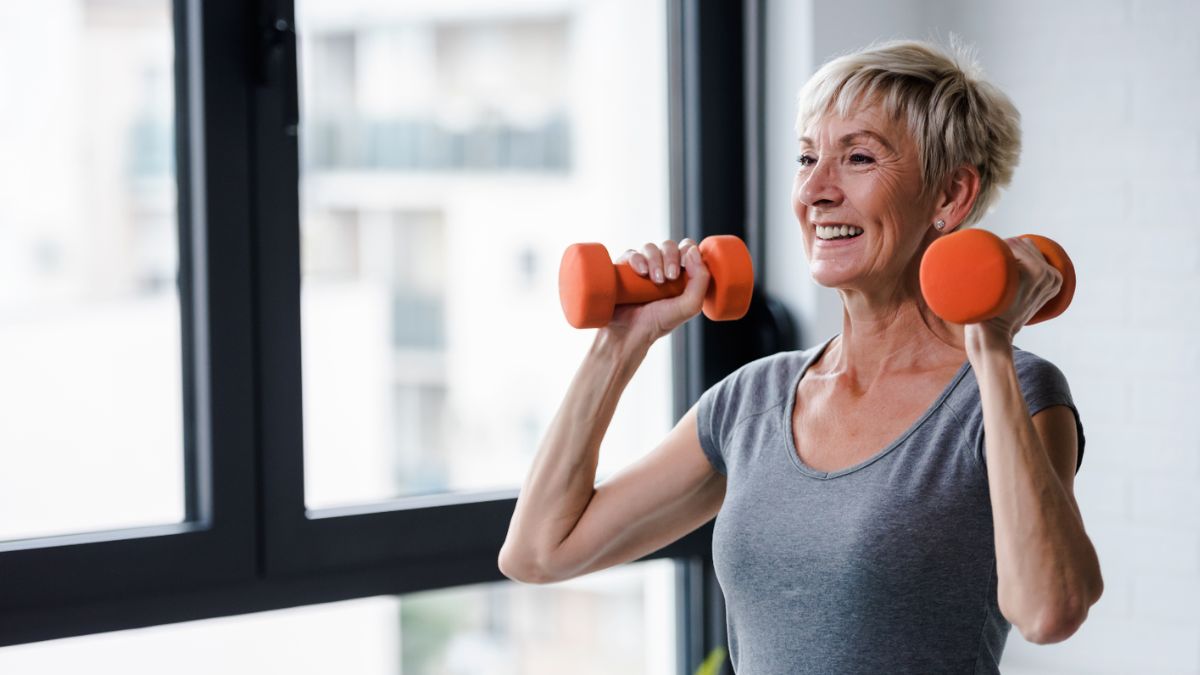It is quite simple to lose track of the importance of our health while we get caught up in our daily tasks. Our well-being is often neglected because of our work, relationships and responsibilities. As you become older and reach your 60s, you start to understand how crucial it is to take care of yourself and maintain good habits to live a long life. Although it is never too late to begin exercising, it is essential to maintain consistency. Your chances of dementia, heart disease, multiple cancers, diabetes and a host of other illnesses decrease the longer you lead an active lifestyle.
Here are 5 things to do in your 60s to stay healthy
1. Stay Hydrated
Dehydration can result from consuming too little water. These may cause unpleasant signs like fatigue and headaches and have an impact on your productivity. For overall wellness, it is essential to stay hydrated.
2. Exercise Daily
It’s not necessary to start a strict schedule, but it’s important to exercise on a regular basis for at least half an hour. This helps prevent numerous age-related illnesses and maintain the strength of your muscles. Choose a physical activity you love doing, then make a timetable.
3. Get enough sleep
Sleep is necessary for good health and it is critical for maintaining a consistent sleep schedule. To assist your body clock stay in balance, try to go to bed and wake up at the same time every day.
4. Eat a balanced diet
For good health, one must eat a balanced diet. Try to eat two servings of fruit and three servings of veggies each day. Eat more pulses, such as dried peas, beans, and lentils and choose whole-grain breads. Make sure your meal is low in sugar, salt and fat.
5. Regular checkups
Taking care of your health can be challenging and as you become older, you are more vulnerable to diseases. Regular medical visits are vital for maintaining good health. This can help you detect any health issues quickly and be treated as soon as possible.
Disclaimer: Tips and suggestions mentioned in the article are for general information purposes only and should not be construed as professional medical advice. Always consult your doctor or a dietician before starting any fitness programme or making any changes to your diet.


